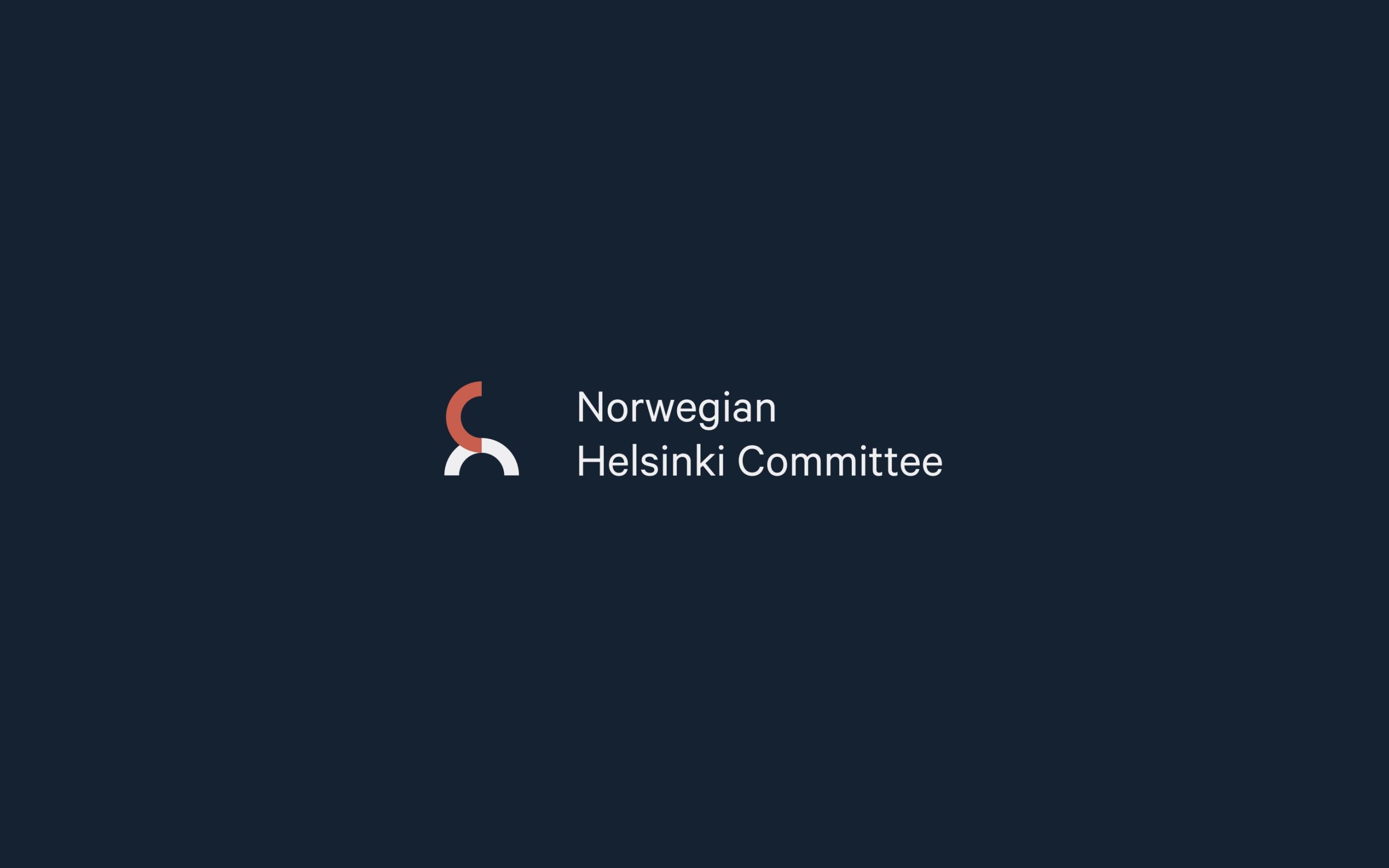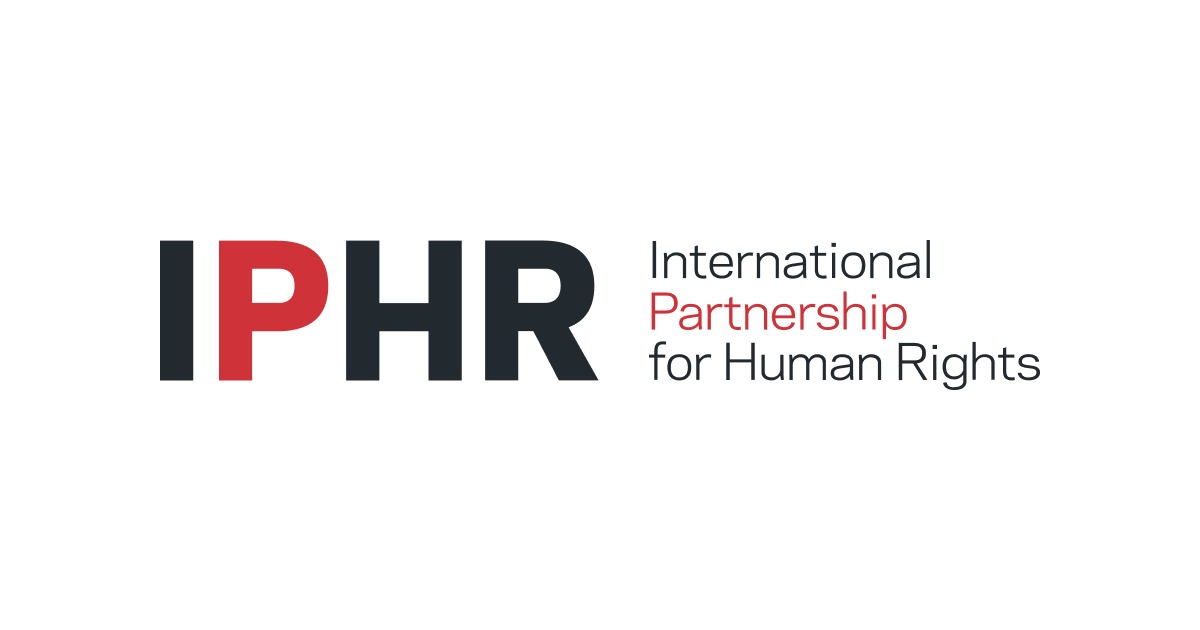Three international human rights organizations – Human Rights Watch, the Norwegian Helsinki Committee, and the International Partnership for Human Rights – have expressed grave concern over the fate of Suhrob Zafar, the leader of the outlawed opposition Group 24 movement, whose whereabouts have been unknown since early March.
In a joint statement on May 3, they called on Tajik authorities to “immediately confirm the detention and whereabouts of and release” Zafar, who was “forcibly disappeared” while in Turkey despite holding official UNHCR asylum seeker status there.
According to unnamed sources, the Tajik State Committee for National Security is holding Zafar in its detention center in Dushanbe, “periodically torturing him, and [denying] him medical assistance.”

Norwegian Helsinki Committee (Credits: www.nhc.no)
The Tajik government has not confirmed whether he is in state custody or if it knows of his whereabouts. The human rights organizations are alarmed by reports that Zafar may have been subjected to severe torture, potentially leaving him unable to walk, and are urging prompt action to ensure his safety and well-being.
The organizations are demanding that Tajik authorities verify Zafar’s detention status and whereabouts, investigate allegations of torture, and ensure that his legal rights are respected, including contact with his family, access to a lawyer of his own choosing, and necessary medical treatment.
This is not the first instance of a Group 24 member going missing; another member, Nasimjon Sharifov, disappeared in late February while residing in Turkey. Dozens of Tajik activists have been imprisoned for being members of the Group 24 movement in recent years.
Group 24 was labeled as terrorist and extremist and banned in the tightly controlled former Soviet republic in 2014. In March 2015, the movement’s founder, businessman Umarali Quvatov, was assassinated in Istanbul.

International Partnership for Human Rights (Credits: International Partnership for Human Rights)
Tajik President Emomali Rahmon, who has run the Central Asian nation for almost 30 years, has been criticized by international human rights groups over his administration’s alleged disregard for independent media, religious freedoms, civil society, and political pluralism.
The international community is watching the situation closely, and the human rights organizations are urging Tajik authorities to take immediate action to ensure Zafar’s safety and well-being.
The fate of Suhrob Zafar and other Group 24 members is a stark reminder of the ongoing human rights concerns in Tajikistan, and the need for international pressure to hold the government accountable for its actions.























